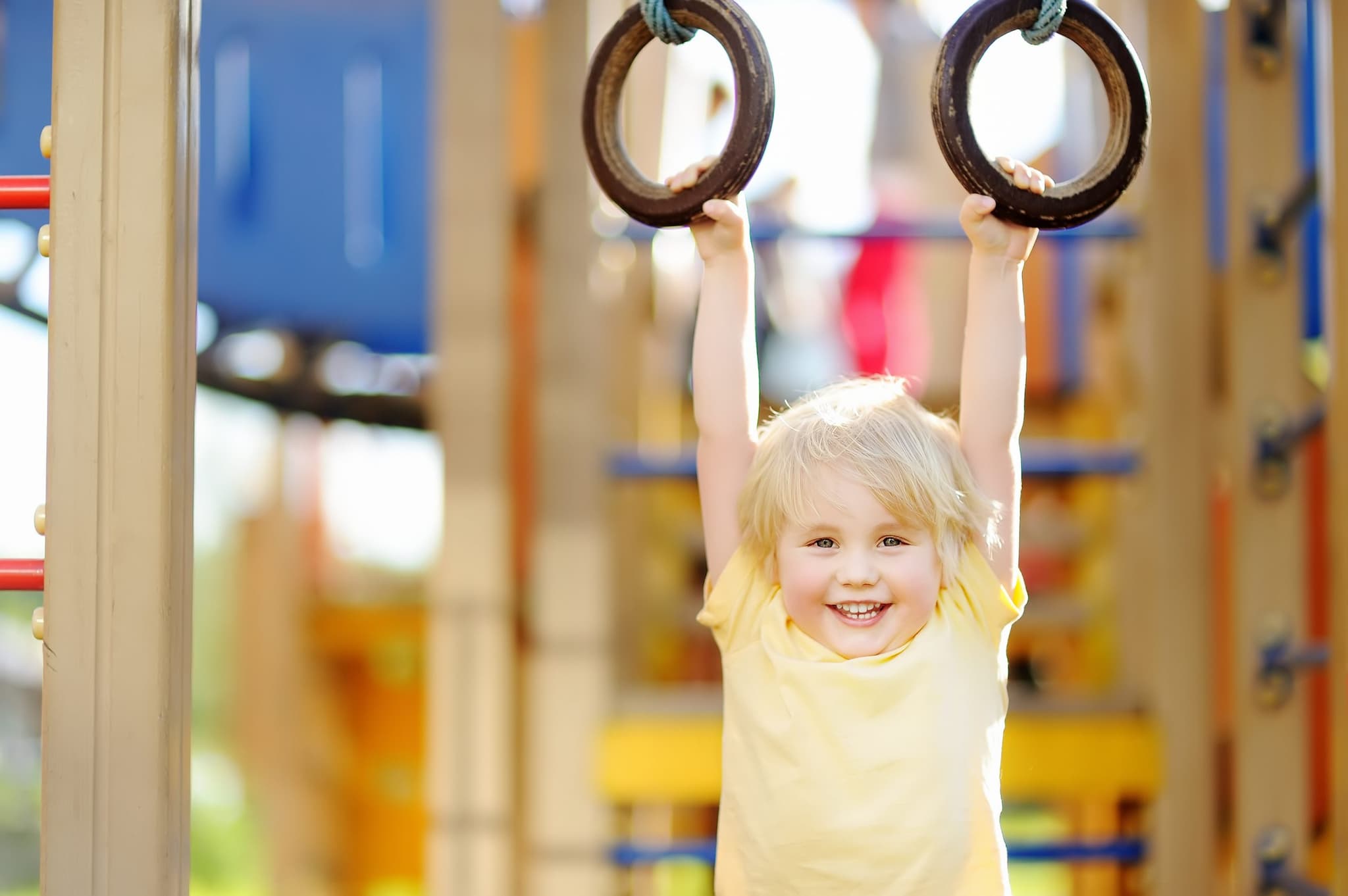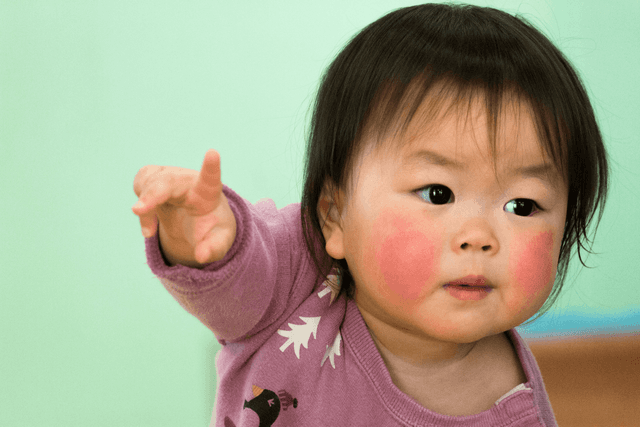Practice
Meet the team bringing Australia’s first “physical literacy” curriculum to the ECEC sector

Jason Roberts
Sep 29, 2020
Save
Researchers from the University of Canberra Institute for Sport and Exercise recently collaborated with the Australian College of Physical Literacy (ACPL) to produce a report which confirmed that the implementation of a structured physical literacy curriculum in early childhood education and care (ECEC) settings is effective in improving not just gross motor skill development but also key cognitive functions such as expressive vocabulary and impulse control in young children.
In the wake of the report, The Sector founder, Jason Roberts, met with ACPL CEO, Andrew Smith and ACPL Director of Education, Sandy Daley, to learn more about the journey so far, including how they came to be at the helm of such an important project and what their plans are for the future.
Jason kicked off the interview by asking Andrew and Sandy to share a bit about themselves and their interests.
“Thanks Jason, we really appreciate the opportunity to sit with you and share about our journey so far. The Active Early Learning (AEL) project and its findings we think are incredibly important for the future health and wellbeing of children and we feel privileged to be in a position where we can make a real difference going forward.”
“So back to your question, my name is Andrew and I am the CEO of ACPL. ACPL is the organisation behind the Active Early Learning project and will be responsible for rolling out the physical literacy curriculum in the months ahead.”
“I have, perhaps unsurprisingly, always been passionate about keeping fit and healthy having trained as a physical education teacher and still to this day engage in lots of sports and activities including running, walking, gym, skiing, team sports such as basketball, hockey and AFL 9’s.”
“I have two almost grown up boys, one of whom is studying Sports Management at Deakin University, and I also married a physical education teacher too so i think it's fair to say that this is an area I feel very very strongly about and can bring lots of experience and energy.”
“Thanks Jason, my name is Sandy, and I am the Director of Education at ACPL. Like Andrew I also have a background in physical education and sports. I was an academic for many years researching and teaching sports and exercise science and I have a PhD in Health and Behavioural Science.”
“I think it’s fair to say that physical health and wellbeing has been my life's work and to have the opportunity to join an organisation like ACPL where we have the chance to really make a difference to Australia’s youngest learners is amazing.”
How did you both end up working side by side at AEPL?
“Well I think if I could speak for both myself and Sandy, it was the vision of a group of independent ECEC providers that brought us together” Andrew said.
“These guys had been operating centres for years and had, despite the welcome reforms brought about by the National Quality Framework being introduced in 2012, always been concerned about the lack of any specific physical activity related curricula guidance in the standards and recommended curriculums.”
“They were so concerned that they actually commissioned the project with Professor Dick Telford to explore whether it was possible to actually improve children’s developmental outcomes through the application of a physical literacy focussed curriculum working alongside the early years learning framework.”
“It was at this point that myself and Sandy were brought in to support Professor Telford and his team conduct the project and then to take their findings and recommendations to the broader ECEC sector in the form of a very specific physical literacy program that could easily be applied and embedded in a services existing curriculum.”
“For us it was an easy decision to get involved. The excitement, enthusiasm and potential of the program resonated on both a professional and personal level. Starting in early childhood we could now really start to make a difference for children and their long term health.”
So what have been the highlights of the journey so far?
“Well for me,” Sandy said, “it was working alongside Professor Telford. When I was an academic teaching and researching he was almost a hero to me and to have the opportunity to actually be part of a project like this and work with his team at such close quarters was so exciting and rewarding.”
“That’s one side of it, the other side of it is the sheer pleasure in seeing the application of the physical literacy program work and I don’t just mean for the children but for the educators too.”
“There is a real sense of pride when you see a child who at the beginning cannot complete gross motor skills such as balancing, running or catching easily and then be so excited to show off their skills and also how educators, who in many cases didn’t realise how physical activity can make a difference to children, saw first hand how it helped them in really important ways.”
“Yes, I agree 100 per cent with Sandy” Andrew said. “I guess though that I would also add that it is inspiring to see how much the educators get out of the application of the curriculum. They don’t just see first hand how children’s outcomes transform in front of their eyes but they also have a sense of pride that they have learnt a new set of skills that has visible and tangible outcomes. That’s really cool and of course deepens and broadens their approach to early childhood education and care which is great.”
Why do you think children and educators have responded so positively to the program?
“I think I will answer this one if that’s ok Andrew, after all given my health and behavioural science background it is certainly in my wheelhouse!”
“Right at the heart of this is the recognition that educators are the key to the successful implementation of the physical literacy program. We know that if applied properly the children's outcomes will improve but of course we need the educators to include it in their daily work and routines in the first place for those outcomes to eventuate.”
“That is why we spent a lot of time with the educators in the participating centres to get feedback about how they feel about physical literacy in the context of their centres and how they would best approach it being included in their programming.”
“By working with the educators we could then customise the AEL curriculum across the four units of daily activity required in a way that works for them and in so doing underwrite the outcomes for children.”
“We know the science behind this works. We know that the steady and consistent application of the AEL curriculum works so it then falls to us to work with the educators teams in a way that is sensitive and respectful to their pedagogy and practices to help them work the programs into their routines.”
And looking ahead Andrew, what plans do you have for the Active Early Learning curriculum?
“Well for us now that we know that the program works we are starting to see more and more interest from ECEC providers who want to start offering the curriculum in their services.”
“That is very exciting for us. We have a strong vision to work with like minded partners with this curriculum and service offering who like us recognise the importance of physical literacy alongside numeracy and literacy. We would like to see the AEL curriculum widely adopted across the ECEC sector and are working hard to make that a reality.”
“In addition, we will also be continuing our research work too. This is important. We want to build a strong evidence base that links improved developmental outcomes with physical literacy curricula. It is essential that we don’t just stop now when it comes to the research. We need to keep investing and keep learning. That is what is in the best interests of children in the long run and that's what is most important to us.”
Thank you so much for your time Andrew and Sandy. I have thoroughly enjoyed talking with you and wish you all the very best for success in the next leg of your Active Early Learning curriculum journey.
For more information on the AEL curriculum and the Australian College of Physical Literacy please contact Andrew on 0418 741 271 or email at andrew@acpl.education. Sandy may be reached on 0415 414 789 or via email at sandy@acpl.education.
Don’t miss a thing
Related Articles



















